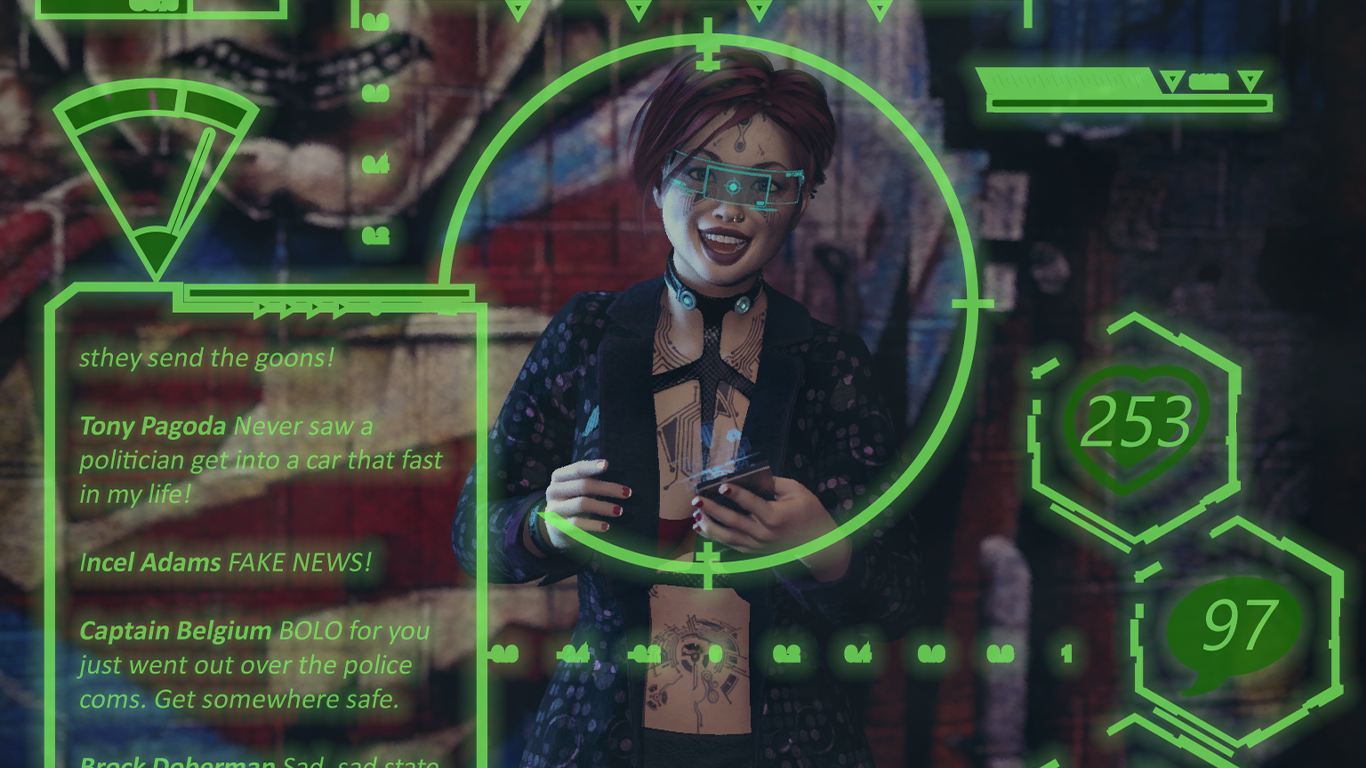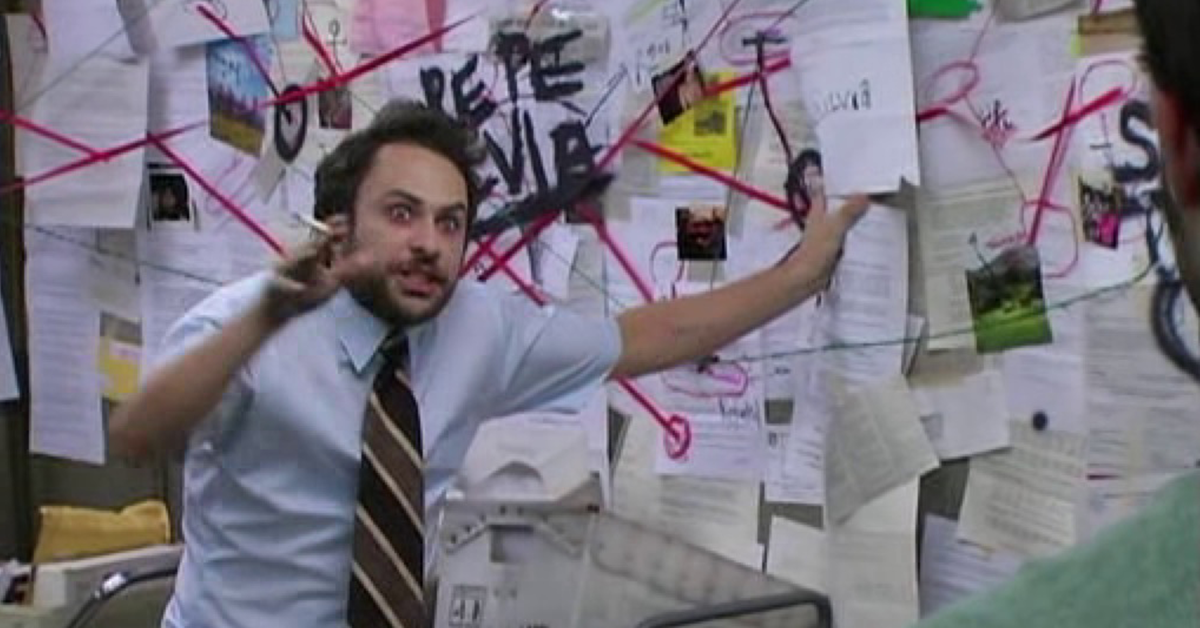We may earn money or products from the companies mentioned in this post.
Aversion to criticism is probably the number one thing that turns things into Bad Idea Debt rather than Actual Products. You all know that person. The one who always wants to tell you about their novel or screenplay or game or whatever, but who doesn’t want to show it to anyone until it’s done. If you ask to see the thing, they’ll tell you that it’s not ready yet. Sometimes the reality is that it’s still pure Idea Debt. The creator has big plans for the thing, but hasn’t done any real work on it (except maybe putting some things in his or her Book of Lore). Other times, it’s that the creator isn’t ready for criticism.
When you’re just telling people about something, you’re telling them about the thing you want to make, and usually there’s a gap in talent, effort, time, and execution between the ideal form that you wanted to create and the thing you actually created. Once you show the thing to someone, there’s a chance they’ll point out the problems. Some people would rather stick with the fantasy, insisting that they can’t possibly show anyone their precious little mind turd until it’s perfect, than face the possibility that someone won’t like it. Or worse, that someone will have the nerve to say that they don’t like it.
Unfortunately, without criticism the thing is never going to get made. For one thing, you’re a terrible judge of your own work. Since you know your intent, it’s impossible for you to know whether the message is clear to someone who doesn’t know what you were trying to communicate. You’re also blind to your own flaws until someone points them out enough times that you learn to be aware of them. On top of that, after you spend a certain amount of time on a project, you lose all ability to judge what’s good or bad. If you wait around for the thing to magically become perfect on its own, you’re going to be waiting forever. If you want to clear the thing out of your Idea Debt ledger, you’re going to have to let someone tell you it sucks. If you’re afraid to run the risk that a few people (probably people you consider your friends, at least early on) won’t like the thing, how do you expect to ever expose it to criticism from the masses (or as close to “the masses” as exists for your particular audience and distribution capabilities), who have no affection for you that might give them an incentive to be diplomatic?
If you ever want to be able to share the thing with people, first you’re going to have to show it to people, and you’re going to have to show it to people who are willing to tell you where you fucked up. The people who will say something like “I liked it” or “it was good” aren’t the people you want here. Vague praise may be good for your ego, but it doesn’t do anything for the project. You want people who will tell you what they think works, what they think is broken, and why they think that, in as much detail as possible. The only way to find out what doesn’t work is to let someone tear it apart, and listen to them.
When someone criticizes your work, you’ll be tempted to rationalize the criticism as a difference of opinion or a misunderstanding on the part of the critic. Sometimes that’s a fair assessment, but not as often as you’ll want it to be. Instead of trying to defend, correct, or explain the issues being criticized, you’ve got to listen to what the critic is actually saying, ask questions, and try to find out where the critic’s reading of the material differs from your intended message. Then you’re going to have to do it again with progressively harsher critics. The more people who bring up the same issue, the more likely it is that you’ve got a problem that needs to be fixed. Then you’re going to have to revise the thing and go through the whole process again. Keep repeating until you get down to criticisms you can live with or until you hate the project so much you just give up.
The more the thing differs from projects you’ve successfully completed before, the more rounds of criticism and revision it will require. For example, I’ve written a bunch of QAGS supplements, so at this point most new QAGS games go through a few “proof of concept” game sessions at conventions (to gauge interest and test out any new rules), comments from the Hex peanut gallery while I’m writing, a read-through from an editor to catch any missing parts, bad organization, and other big picture problems, then a round or two of final editing to cut out all my weasel words, clarify things, and correct my spelling and grammar. With Cinemechanix, on the other hand, I’m writing a whole new game systems that’s more comprehensive than anything I’ve done before, so we’re now in something like year 3 of active development (after probably at least that long of the project sitting around as bad idea debt) and year 2 of playtesting, and right now I’m (hopefully) getting close to finishing up at least the 3rd major rewrite since playtesting started. I’m hoping this time we move from “rules need major revision” to “there are still some problems,” but I won’t know for sure until I let some other people look at it and tell me why it sucks. If I hadn’t subjected it to criticism, I would have either already released a bad game or I’d still be telling people about this great game idea I’m working on but can’t show anyone yet.




